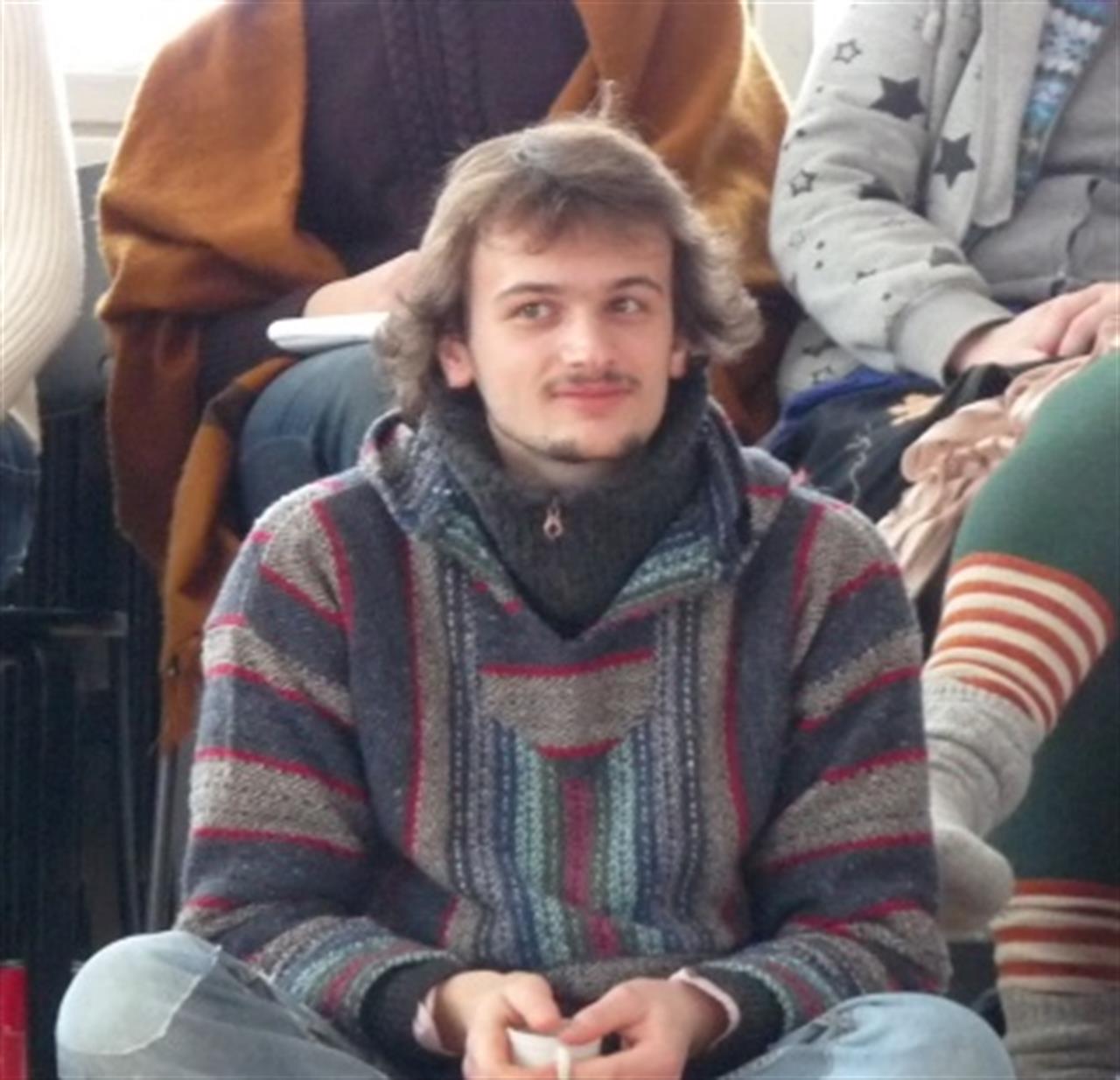Non profit
What does the future of social innovation look like?
Interview with Benjamin Aaron Degenhart, a student active in the non profit sector

What does the future of social innovation look like?
Maybe something like Benjamin Degenhart, a young and exhuberant social innovator whose enthusiasm might knock you over.
At 23, Degenhart is a student at the KaosPilot School in Aarhus, Denmark, an alternative business school. Having previously lived in an ecovillage community, where his passion for social change was born, he recently co-organized an Art of Hosting training event in Karlskrona, Sweden, last 18-21 February 2010. He took the time to answer Vita Europe’s questions.
What brought you to attend the KaosPilot School in Denmark?
While studying Bioinformatics in Munich, I quickly realized that the academic path was not the right one for me, so I started an internship at the Hub Berlin. There, I was lucky enough to come across people from the KaosPilot School. I was curious about their education, because they seemed so competent, wise and ready for life to me. This lead me to apply to the school, even if I knew very little about it.
Let’s speak about the Art of Hosting Training. Can you explain what the concept behind it is?
The Art of Hosting is both a set of methodologies and a global community. It’s a structure that you put into a group space in order to foster meaningful conversation or collective intelligence. Any topic can be used in this way. In Sweden, we welcomed young leaders who were collaborating for change.
How was the idea of organizing the Art of Hosting Training born?
I was in Copenhagen during COP15 with the KaosPilot School. We had an open space and I sat down with Toke Moeller, co-creator of the Art of Hosting, who is actually bringing these techniques into the European Parliament. From further encounters I made there, was born the idea to create a common project. What ensued was the organisation of the training event in Sweden – which happened over a very short period of time.
The driving force behind it was very much a grassroots-students approach. We had a large amount of support from institutions, but the event would never have happened without this will to make things happen.
What made you decide to dedicate yourself to the non profit sector?
For me money really doesn’t matter. Actually, it is thanks to personal fundraising that I am attending the KaosPilot School. I did this by setting up my own fundraising website, inviting visitors to either invest in me, give gifts, or to give me an interest free loan. More than one thousand people have looked at it and I’ve got great feedback from people inspired by this approach.
Even though the project has been in standby since September, I still get enough from monthly subscriptions to cover my rent.
What are your personal skills?
One is networking. I am really interested in how, when we all come together as a group, we can create more meaning than if we were alone. This is what is called “collective intelligence”.
What fascinates me most is: how can we bring our individual contribution in a group? I think that the challenges of our time are so complex and diverse that everyone needs to grow into his or her very own unique essence. We should support each other in that growth process.
Is there a problem that you face?
Not really. I have a job now. I work online 20 hours a week for the World Café in global communications. I will have an income. I have an education. I have an amazing circle of friends, and I have channels through which I can communicate. I don’t see problems, I always see opportunities.
http://sites.google.com/site/aohkarlskrona/
http://sites.google.com/site/investinbenjaminsfuture/
http://www.kaospilot.dk/benjamin
Cosa fa VITA?
Da 30 anni VITA è la testata di riferimento dell’innovazione sociale, dell’attivismo civico e del Terzo settore. Siamo un’impresa sociale senza scopo di lucro: raccontiamo storie, promuoviamo campagne, interpelliamo le imprese, la politica e le istituzioni per promuovere i valori dell’interesse generale e del bene comune. Se riusciamo a farlo è grazie a chi decide di sostenerci.
